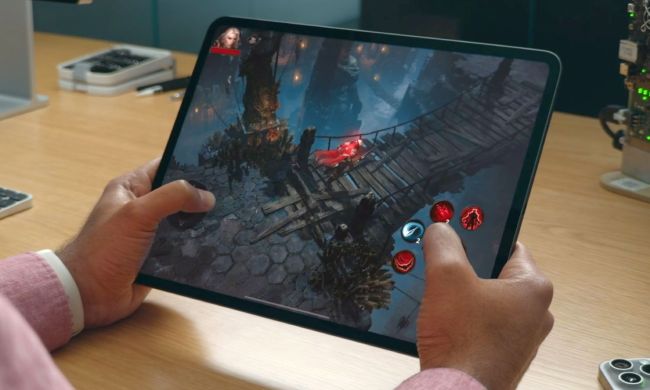
Chip maker Intel has officially launched its Centrino Pro notebook platform, widely known by its codename Santa Rosa, offering improved performance and lower power consumption. Along with Centrino Pro. Intel is announcing several new mobile processors, and many systems makers are already announcing products which will leverage the new technology.
Rather than being based around a particular class of CPU, the Centrino Pro platform includes a broad range of components and technologies, including integrated Flash memory, Active Management Technology (designed to help organizations and enterprises manage and maintain their fleets of notebooks), and 800 MHz frontside bus, improved graphics, support for DDR2-800 memory, integrated Wi-Fi, gigabit Ethernet, and support for high-definition video. Optional features include support for 802.11n Wi-Fi networking, MIMO wireless broadband, and the much-touted Turbo Memory, a memory cache which improves performance by caching data to reduce hard drive access, and which supporting Windows Vista’s ReadyDrive and ReadyBoost technologies.
Intel’s new mobile processors are new iterations of its Core 2 Duo line, including the T7700 which runs at 2.4 GHz, the 2.2 GHz T7500, the 2 GHz T7300, and the 1.8GHz T7100. All four processors utilize Intel’s 65nm manufacturing process, and the faster chips of the bunch offer 4 MB of L2 cache. All feature improved performance and optimizations, and include a four-wide superscalar pipeline which enables the processors to handle as many as four instructions per clock cycle. The chips also offer improved power management capabilities, including the option to shut down a processor core if its not needed.
Numerous systems makers have announced (or all-but-announced) new notebook systems based on the Centrino Pro design, although many are cherry-picking the features of the platform they will be initially supporting. Lenovo is one of the first vendors to have Centrino Pro ready to go at launch, with its new ThinkPad T61 notebook and two other Centrino Pro-based systems. Hewlett-Packard is offering the Pavillion dv6500t, while Gateway will offer its E-475M notebook. Acer, Dell, Sony, Toshiba, and Fujitsu have all announced or are planning Centrino Pro-based notebook products, some of which are available now as the platform launches, and some of which will come in the next few months. Different vendors are implementing Centrino Pro differently: for instance, Fujitsu’s four initial offerings (including its flagship corporate desktop replacement, the LifeBook E8410) will not include the Turbo Memory technology, and Dell isn’t planning to support Active Management Technology (AMT), opting instead for supporting the Desktop Management Task Force’s DASH technology, which supports both Intel and AMD-based systems.
So far, tests of new Centrino Pro systems show modest performance improvements over previous Intel-based notebook computers, along with significant improvements in battery life and power management. Overall, consumers can expect to benefit from the rollout of the Centrino Pro platform, since it’s not going to add a premium to notebook computer prices, and should deliver some concrete benefits. But for folks looking to hope on the Santa Rosa express, be aware that not all Centrino Pro systems will have the same set of inherent capabilities: folks will still have to read the fine print.


